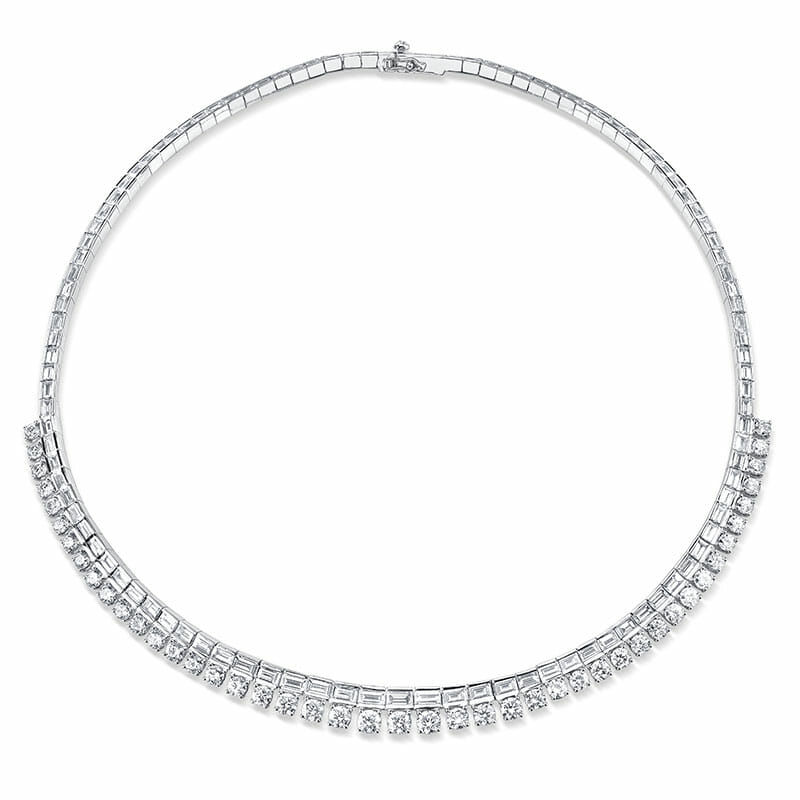There are two types of brokerage accounts to trade and invest, a margin account and a cash account. However, you need a basic understanding of both to select the best one for your trading style, which can help protect your finances.
In fact, each account affects your investment in many different ways, which we will now explore.
Margin Account
In short, a margin account enables an investor or trader to leverage the purchase of new positions or short sell based on the value of the assets in their account.
Margin account holders can also withdraw cash as a short-term loan based on the value of their account.
In either case, the margin balance is then subject to an interest rate charged by the brokerage.
The investor must also maintain a certain balance in the margin account, or they will be issued a margin call.
Cash Account
Cash accounts, on the other hand, require the investor to deposit cash to make the trade. Or, if they have an existing position, they can simply sell it to make the monetary deposit.
The account holder can also reap additional gains by lending their account shares to interested parties, also known as share lending, provided they give the brokerage permission to do so.
If a short seller or hedge fund wants to borrow your shares, the broker will then provide you with the quoted rate they will pay you to lend them.
Depending on the value of your assets, it can be a rewarding return as you maintain your position in security.
How Are They Different
The main difference between the two brokerage accounts is, with a margin account, investors can borrow money to trade and invest; however, cash account holders must deposit money to make transactions.
Margin account holders are also not limited in their trading strategies, whereas cash account holders can only make long and covered options.
However, with a cash account, the assets in your account remain in your custody as opposed to being lent out by your broker without your permission, like a margin account.
Which One is Right for You
A cash account is pretty straightforward and conservative, which makes it a suitable choice for investors of all levels looking to better manage their risk.
However, for experienced investors and traders who are more skilled at controlling their risk, a margin account can provide the leeway you need to step it up a notch.
In the meantime, before opening a margin account, be sure to educate yourself on all the basic skills of investing, which will help prevent you from making costly mistakes in the beginning.
When it comes down to a margin account vs cash account, according to the experts at SoFi, “there are reasons for choosing either account, and it’s important for investors to understand them both in order to make the best decision for their own financial goals.” So consider this a good place to begin your learning.















